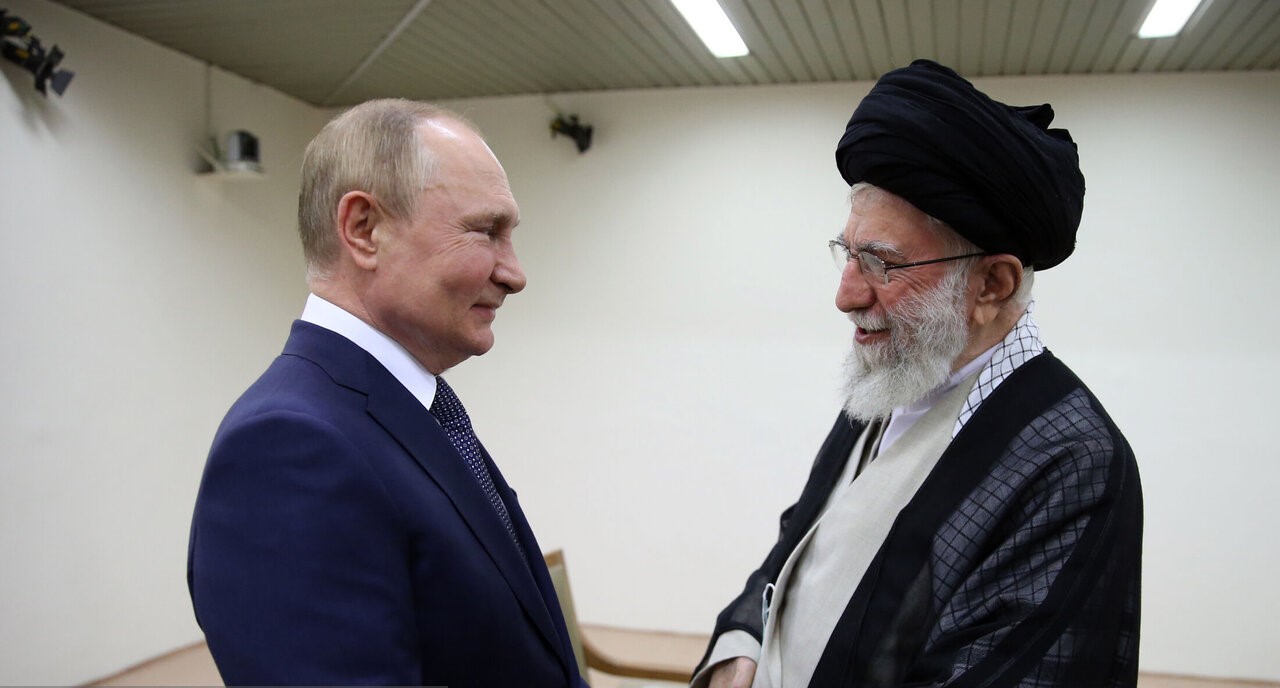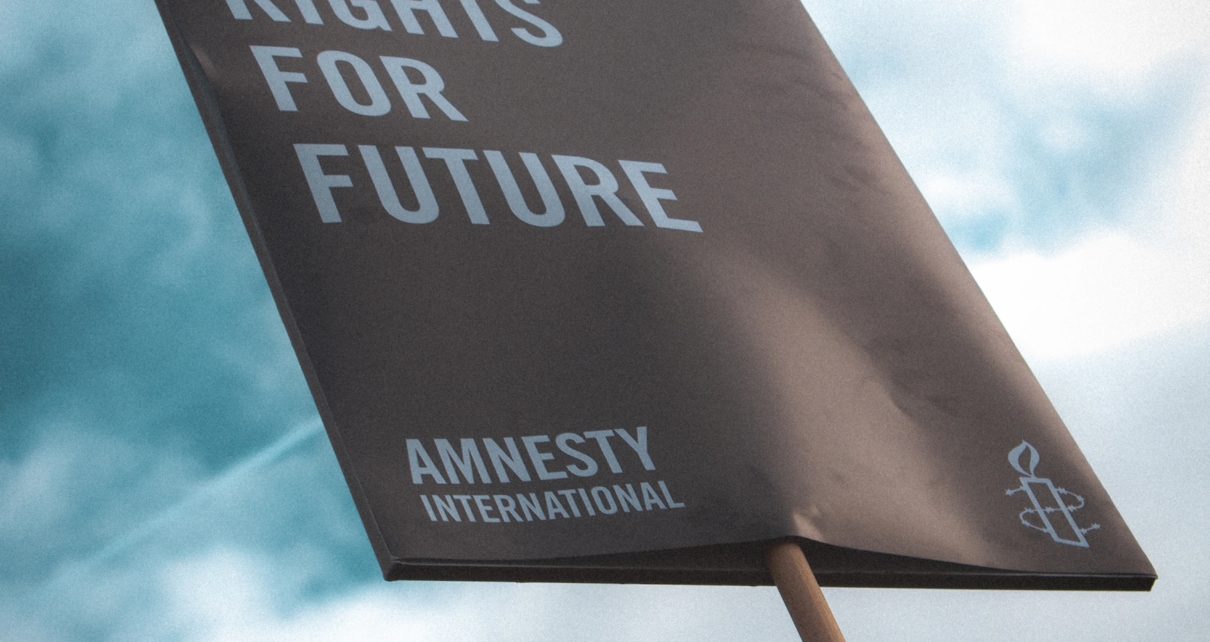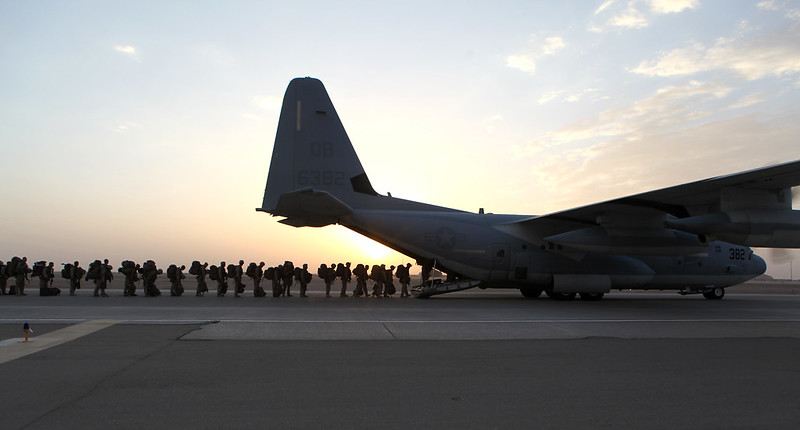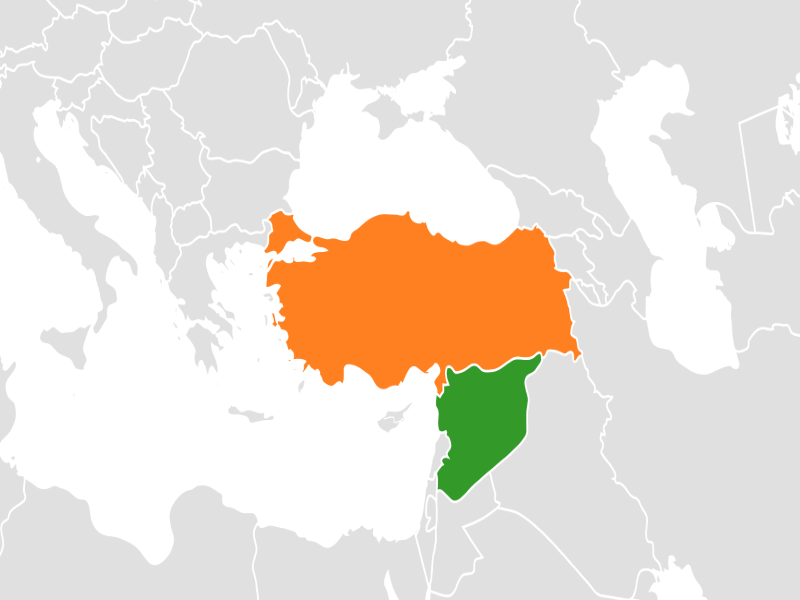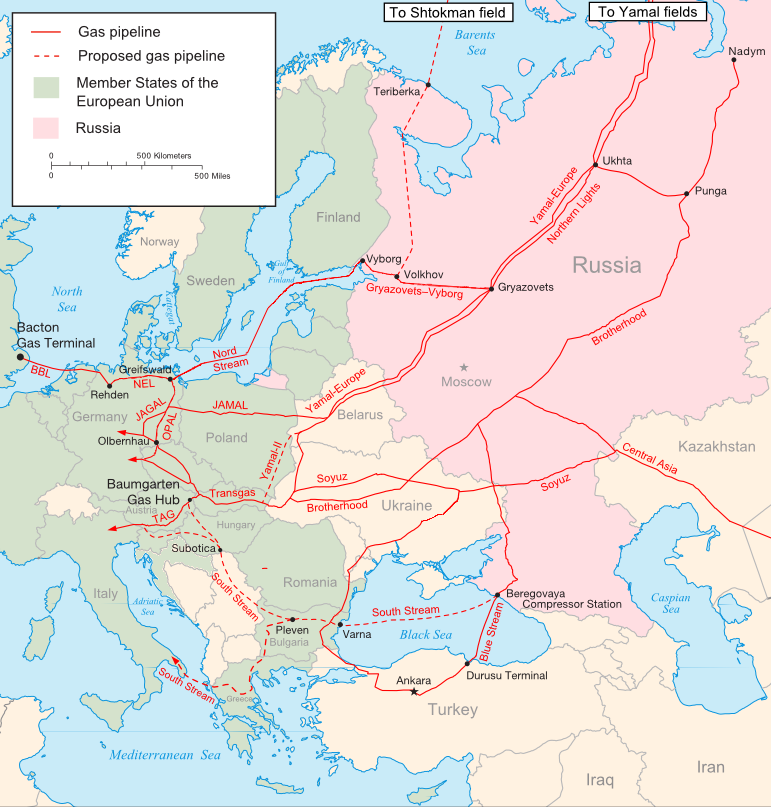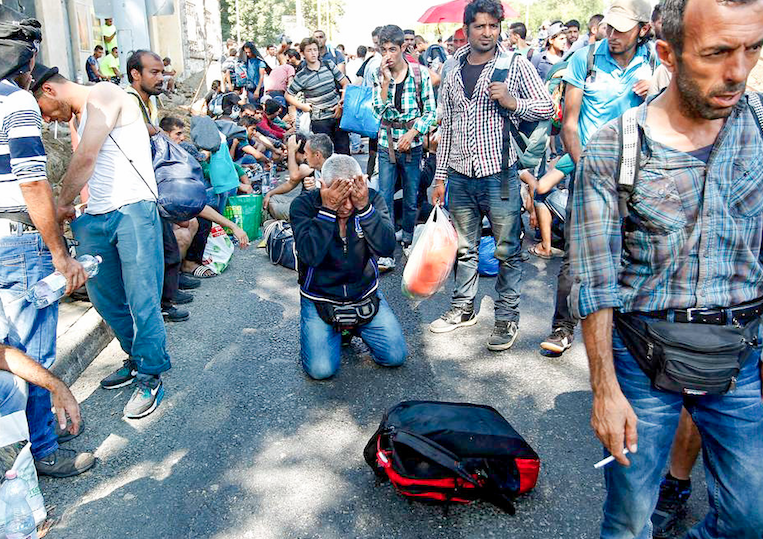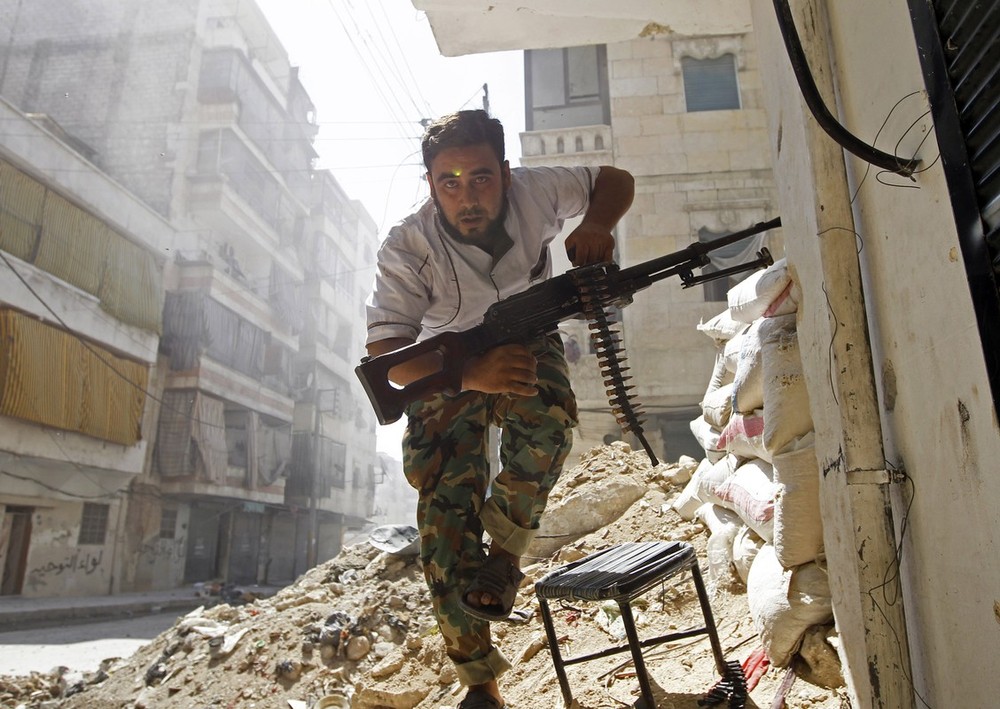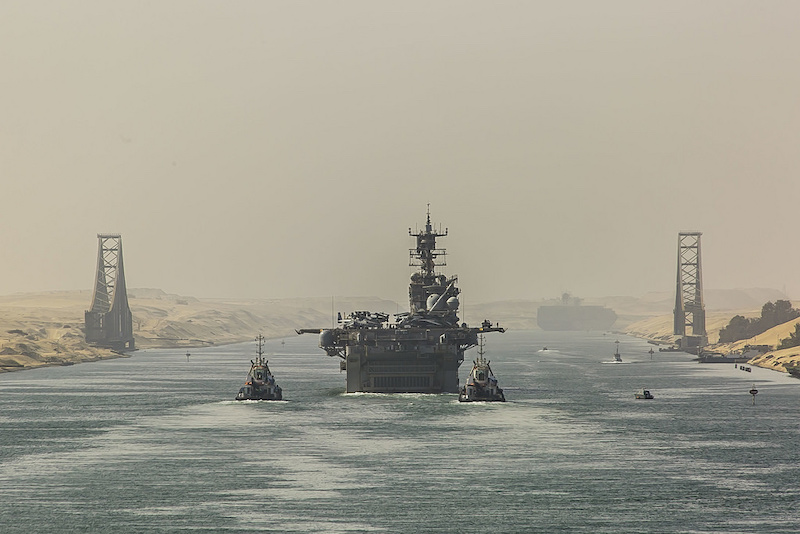On January 20th, 2025, Donald Trump was officially sworn in as the President of the United States for his second term after winning the 2024 US election. With this, a new age of global politics is in the offing. Trump’s policies during his first administration were largely guided by an “America First” agenda, reflecting a Read More…
Tag: Middle East
Bridging Shortfalls: An Analysis of the Strategic Exchange between Russia and Iran
Amidst the tumult of conflict in Ukraine and instability in the Middle East, the partnership between Russia and Iran is at a historic juncture and is ripe for potential multifaceted cooperation. With Western sanctions, defence production and supply vulnerabilities persist for both these states, which seek to advance their respective interests and authoritarian model of Read More…
Canada’s Conundrum: Peace and Profits
Abstract: NATO’s recent discussion of arms control brings to light Canada’s role in the issue. Last year, NATO and the UN took part in the Eighth Biennial Meeting of State Parties to discuss how to combat the illicit sale of arms. During the meeting, the Deputy Director of Arms Control Directorate at the Political Affairs and Security Read More…
A Terrorist’s Tempest: The Challenge of Operation Sea Guardian
As Europe confronts Jihadists from across the Mediterranean, Arjun Singh lays out measures to upgrade NATO’s maritime operation for better European security.
The Islamic State Mounts a Resurgence Amid COVID-19
The Islamic State (IS) may not occupy as much contiguous territory as it once did, but that has not diminished its resolve to spread global terror. Emily Mullin examines how the jihadist group is exploiting COVID-19 to gain respite, and what this means for NATO operations in the Middle East.
The United State’s Changing Strategy towards the Middle East
In this article, James Cho argues that the first step of understanding a nation’s behaviour is to understand its interest. He suggests that the the U.S’s changing strategy towards the Middle East is an example.
European Natural Gas Geopolitics on a Collision Course?
Following the Dutch discovery of the Groningen field, and British, Norwegian and Danish discoveries in the North Sea during the 1960s and 1970s, natural gas appeared to offer Europe an opportunity to decrease its dependence on Middle Eastern oil. However, demand for gas quickly outpaced supply, leading West European buyers increasingly to rely on Soviet Read More…
Climate Change: An Unspoken Factor in the Syrian Civil War
Climate change crises are on the rise around the world, primarily in the Middle East and North Africa. In Syria, the loss of resources and the increasing number of IDPs are increasing the countries’ ever prevalent vulnerability, making it one of the most daunting humanitarian crises of our time.
The Economic State of Syria
The Syrian Civil War is drawing to a close, and at long last. Since its inception in March of 2011, the conflict has provoked utter calamity on a scale not otherwise seen since World War Two. Originating from an unassuming incident, the war has spiraled out of control, with the resulting carnage leaving upwards of Read More…
Egypt Is Becoming Central to NATO-Area Geo-Economics
The Arab Spring threw a wrench into Egypt’s promising liquified natural gas (LNG) industry. Now, with stability returned to that country and the discovery of new gas deposits in the Nile littoral, Egypt is poised to become a major source of energy to the E.U. market. As auspicious as this sounds, it raises the stakes in an already volatile region marked by militarization and beset by inter-state strife and transcontinental tension.


